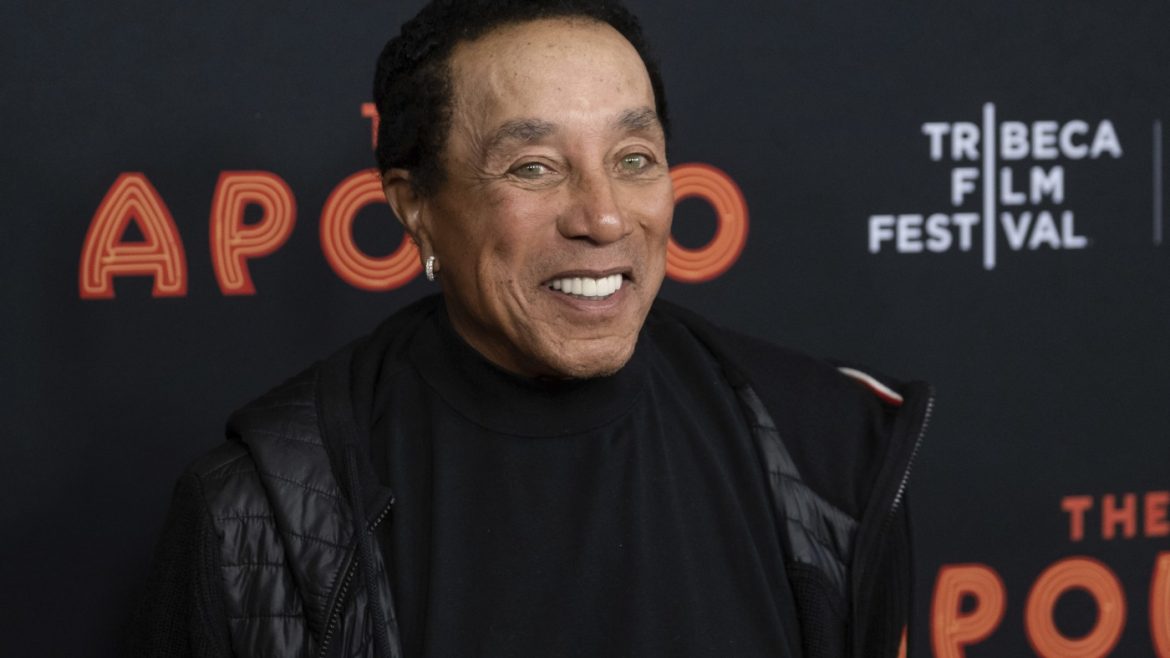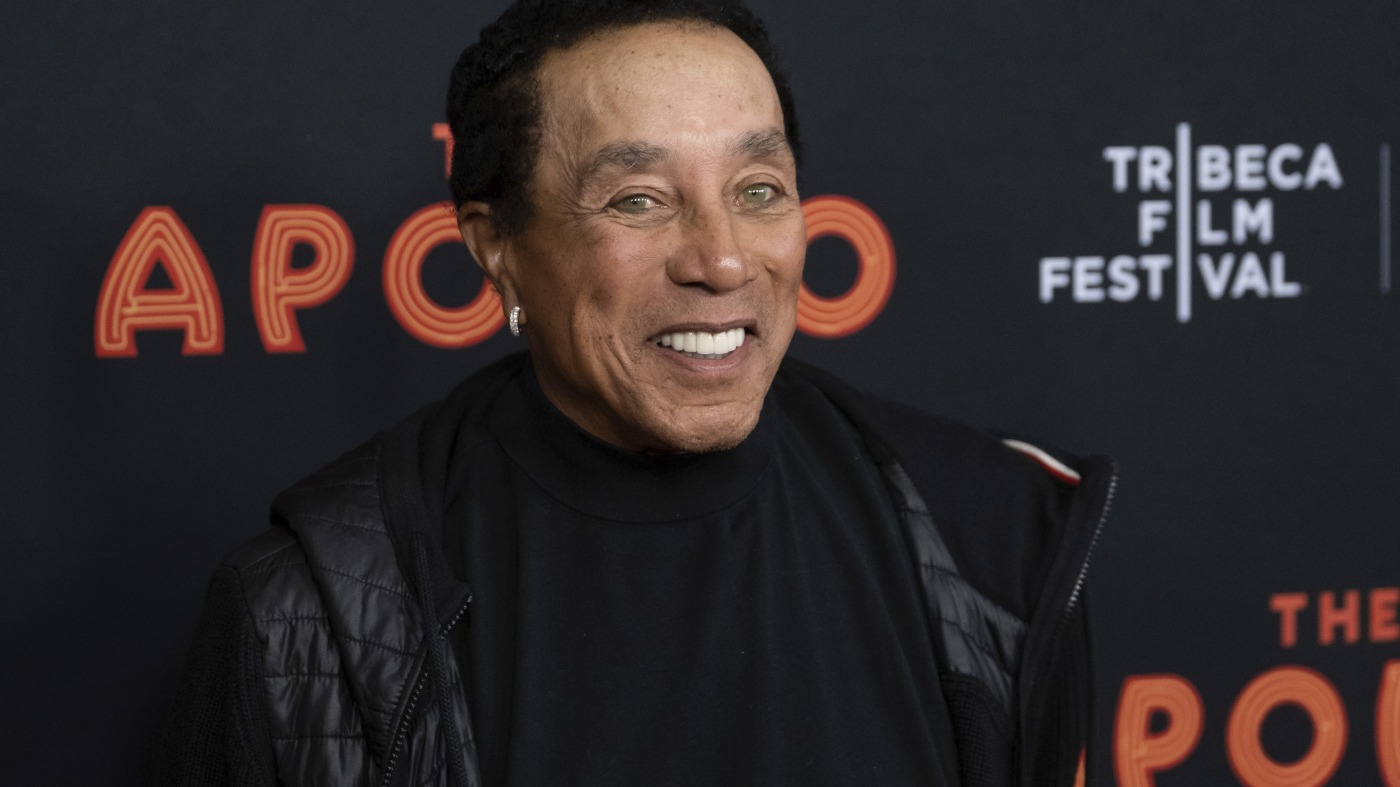The whirlwind surrounding Smokey Robinson’s current legal and criminal challenges has cast a shadow over his legendary status within the music industry. These allegations are significant not only for their gravity but also for the multiple layers they reveal about public figures, power, and accountability. Analyzing this situation involves delving into the nature of the accusations, the evidentiary and legal framework, and the broader implications for public perception and legacy management.
The Core Allegations: From Civil Suit to Criminal Inquiry
At the heart of this storm are serious claims made by four former employees, primarily housekeepers, accusing Smokey Robinson of sexual assault and rape spanning several years. These accusations have been articulated most explicitly in a $50 million civil lawsuit, which outlines a pattern of alleged sexual misconduct, hostile work environment, and cover-up efforts allegedly orchestrated by Robinson’s wife.
The allegations specify that Robinson repeatedly engaged in non-consensual physical contact, touching the employees’ bodies—including intimate areas—while they worked. The lawsuit highlights a persistent abuse of power and the creation of an oppressive work environment. The women’s decision to come forward after years of alleged victimization indicates a sense of long-standing frustration, compounded by their bravery in documenting and publicizing these claims.
Following the civil suit, the Los Angeles County Sheriff’s Department responded by initiating a criminal investigation, underscoring a transition from civil allegations to potential criminal accountability. The department’s Special Victims Bureau has confirmed receipt of the allegations but emphasizes that the investigation is in the early stages, with no immediate conclusions or charges announced.
Legal and Investigative Dimensions
The move from civil litigation to criminal investigation introduces multiple dimensions:
– Evidentiary Standards: Civil lawsuits rely on a preponderance of evidence, where allegations need only be more likely than not to be valid. In contrast, criminal prosecutions require proof beyond a reasonable doubt. This shift necessitates a thorough gathering of corroborative evidence, witness testimonies, and possibly physical or forensic evidence.
– Procedural Challenges: Given the alleged incidents span over two decades, memory decay, availability of witnesses, and documentation pose significant hurdles. The police will need to establish timelines, contextualize the claims, and determine consistency among the accusers’ accounts.
– Public and Legal Implications: While no charges have yet been filed, the initiation of an investigation often influences public opinion, reputation, and potential future legal proceedings. The legal process must balance transparency with fairness, especially considering Robinson’s age and stature.
Defense and Public Response
Robinson’s legal team publicly denies the allegations, labeling them as “vile” and “false,” signaling a vigorous defense strategy. His lawyer’s statement expresses confidence that no wrongdoing will be proven and suggests the accusations may be motivated by financial motives or other ulterior motives.
Robinson himself has refused to comment directly on the allegations, which is typical in high-profile cases where statements might impact proceedings or public perception. His team’s approach seeks to preserve his reputation and contest the claims with legal rebuttal, emphasizing his status as an icon and the lack of police charges.
Broader Context and Industry Impact
This controversy raises broader issues about accountability within the entertainment and celebrity spheres. Historically, allegations against high-profile figures have sometimes led to social reckoning—think of the #MeToo movement, which catalyzed the exposure and consequences of misconduct by prominent individuals.
For Smokey Robinson, a beloved Motown icon whose influence spans decades, the allegations threaten to complicate his legacy. While some fans may continue to hold him in high regard, others might reevaluate his contributions in light of the accusations.
Furthermore, this case puts a spotlight on the responsibilities of employers in safeguarding their staff and the importance of transparent investigations. It also highlights the increasing willingness of victims to come forward, even after considerable time has elapsed, signaling societal shifts toward recognizing and addressing workplace abuse and misconduct.
The Role of Evidence and the Court of Public Opinion
While the criminal or civil outcomes are pending, the media’s portrayal and public discourse play a crucial role in shaping perceptions. The dissemination of these allegations—via news outlets and social media—creates a narrative that can influence potential jury pools, industry relationships, and the artist’s commercial interests.
It’s imperative to approach the situation with an understanding that accusations are not equivalent to proven guilt. The legal process requires diligent fact-finding, and Robinson’s legal team will aim to refute or disprove the allegations through evidence, witness testimonies, or lack of corroboration.
Impact on the Legacy of Smokey Robinson
Beyond the legal realm, the case prompts reflection on the vulnerability of public figures to allegations and the importance of due process. Robinson’s longstanding reputation as a pioneering musician must now contend with a serious legal challenge that could reshape public memory and industry perceptions.
If proven true, these claims could lead to discrediting his musical accomplishments, impacting collaborations, and affecting his philanthropic and community endeavors. Conversely, if the investigation finds insufficient evidence, Robinson’s reputation might recover, emphasizing the importance of thorough, fair investigations.
Final Reflection: Justice, Legacy, and Society’s Expectations
The unfolding saga around Smokey Robinson exemplifies how society’s expectations of accountability and justice increasingly demand transparency from even the most revered icons. This situation underscores the necessity of allowing due process to unfold without premature judgments while acknowledging the bravery of victims who step forward.
The case remains in its early stages, and outcomes will depend on meticulous investigation, credible evidence, and legal proceedings. What remains clear is that allegations of this nature have far-reaching implications—challenging longstanding narratives, prompting societal reflection on power dynamics, and ultimately shaping the legacy of one of music’s most influential figures.
—
The Significance of the Ongoing Investigation
The case of Smokey Robinson exemplifies the complex intersection of fame, justice, and societal change. As the investigation develops, it may serve as a pivotal example of how allegations are handled behind closed doors and in the court of public opinion. Regardless of the final outcome, it reminds us that accountability, transparency, and fairness are critical components in addressing allegations of misconduct—especially when they involve legendary figures whose influence has shaped generations.


